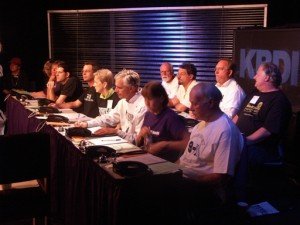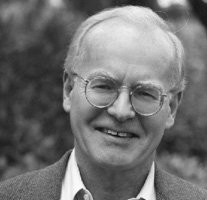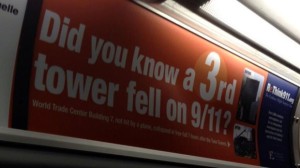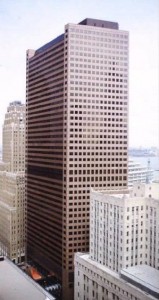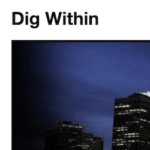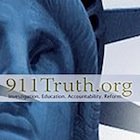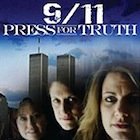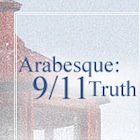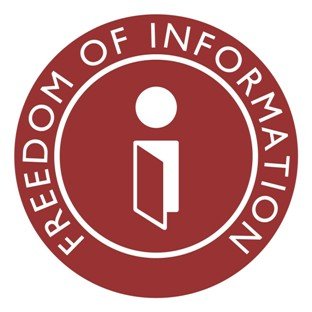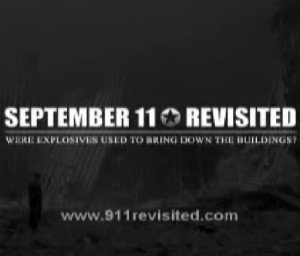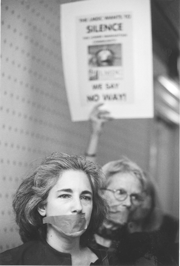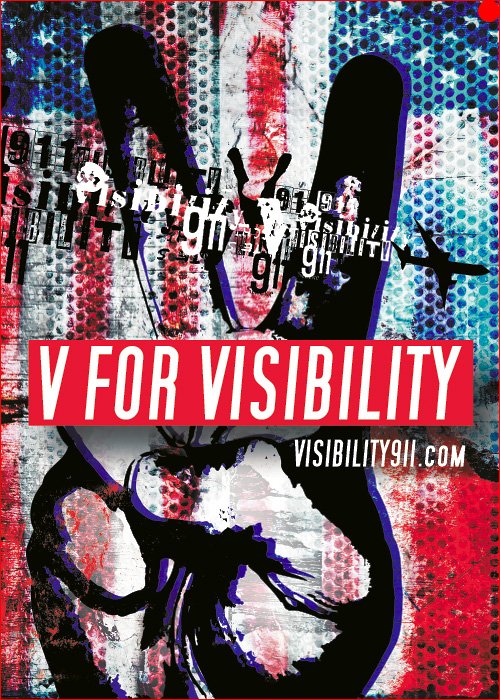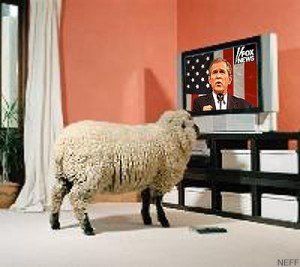Source: Tampabay.com
By Bob Graham and Dan Christensen, special to the Tampa Bay Times
Monday, July 10, 2017 3:34pm
Sixteen years is a long time to expect the American public to wait to know who was behind 9/11, the most significant act of terror in modern U.S. history. Unfortunately, the wait continues because of the resistance of federal agencies to openness, the over-classification of information and the weakness of the Freedom of Information Act.
Vast numbers of investigative and intelligence documents related to 9/11 remain classified. The FBI alone has acknowledged it has tens of thousands of pages of 9/11 reports that it refuses to make public. To make matters worse, agencies withholding information tell what are essentially lies to make their actions seem as acceptable as possible.
For example, the FBI repeatedly has said its investigation of a Saudi family who moved abruptly out of their Sarasota home two weeks before 9/11 — leaving behind their cars, clothes, furniture and other belongings — found no connections to the attacks. Yet statements in the FBI’s own files that were never disclosed to Congress or the 9/11 Commission say the opposite — that the Sarasota Saudis had “many connections” to “individuals associated with the terrorist attacks on 9/11/2001.”
Trust in government today is near historic lows. Recent polls by Gallup and the Pew Research Center found that only 20 percent of Americans trust Washington to do what’s right. When the people think government isn’t listening to them, or giving them the respect of knowing what it is doing, it feeds into that undercurrent and denies the public the opportunity to be part of the discussion about what we should be doing.
Last summer’s release of the long-hidden “28 pages” from Congress’ Joint Inquiry into 9/11 and FBI records obtained by Florida Bulldog amid ongoing FOIA litigation indicate that much about Saudi Arabia’s role in supporting the 9/11 hijackers remains classified. If the public knew the role the kingdom played in 9/11, would the United States be selling them $350 billion in sophisticated military equipment?
The Freedom of Information Act is intended to be how classified materials are unearthed. But as it is currently written and has been generally interpreted by the courts, most recently by Miami federal Judge Cecilia Altonaga in Florida Bulldog’s lawsuit against the FBI, the frequently trivial concerns of agencies trump the fundamental democratic principle that Americans deserve to know what their government is doing in their name.
The problem is illustrated by Altonaga’s June 29 order denying the public access to an FBI PowerPoint titled “Overview of the 9/11 Investigation.” The judge agreed with the FBI that much information, including classified pages about who funded the attacks, was exempt from FOIA disclosure because it might disclose law enforcement “techniques and procedures,” even though the overview doesn’t discuss those techniques and procedures. Altonaga ruled without holding a trial at which agents could be cross-examined in open court on the facts that supported the FBI’s claims.
For instance, the FBI withheld a photo taken by a security camera around the time of the attacks in 2001. The FBI argued, and the judge agreed, that the camera’s location could be deduced by viewing that photographic evidence. It is a trivialization of FOIA to use its exemptions to protect the location of a security camera 16 years ago.
The “techniques and procedures” exemption should not be used as a rationale for the nondisclosure of the image in the photograph. The camera didn’t give the American government information to avoid 9/11. Why are we covering up for this failed system 16 years later?
The classification process today is driven by the agency that’s trying to withhold the information. No disinterested third party is involved that would be free from the motivation of burying ineptitude, or worse, by the agency holding the material.
The government hasn’t always had such a tightfisted approach to records. During the Civil War, amid Northern discontent as the war grew increasingly bloody, President Abraham Lincoln instituted a policy that every diplomatic message received or sent would regularly be made public. Lincoln believed such extreme openness was needed so people could see how the Union was conducting foreign policy, particularly whether Spain, France or England were going to recognize the Confederacy as a sovereign nation, a potentially crippling blow.
Acting in the face of extreme crisis, Lincoln demonstrated an early belief in the value of open records to keep the public informed and supportive. The president, the FBI and other agencies would be wise to follow President Lincoln’s example. Congress would be wise to reform FOIA so it serves its intended purpose.
Bob Graham was chairman of the Senate Intelligence Committee and co-chairman of Congress’s Joint Inquiry into the terrorist attacks. He served as Florida’s governor from 1979-87. Dan Christensen is an award-winning investigative reporter and the founder and editor of Florida Bulldog, a nonprofit news organization. They wrote this exclusively for the Tampa Bay Times.
